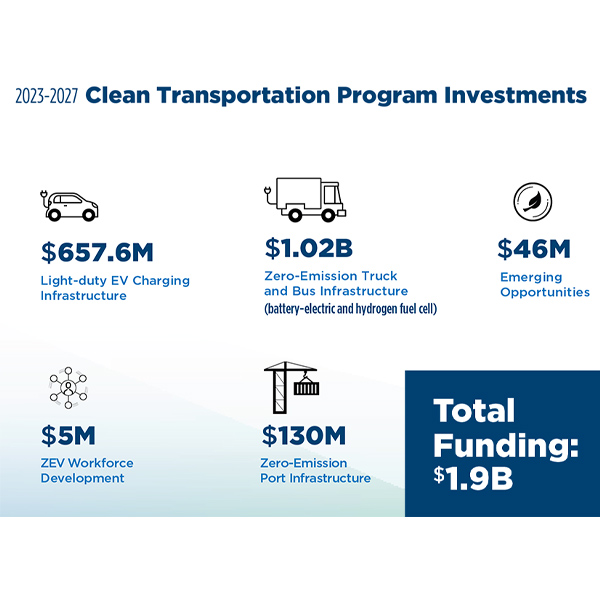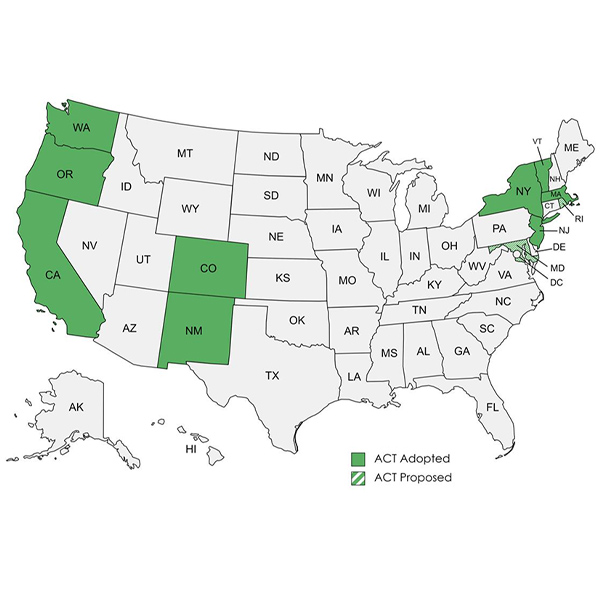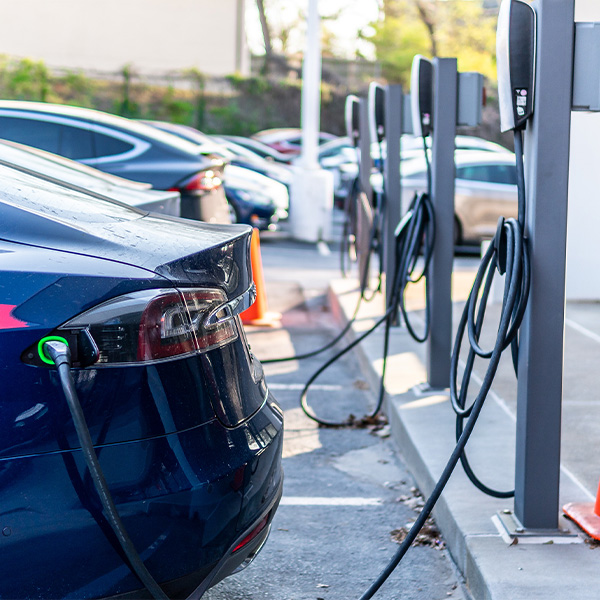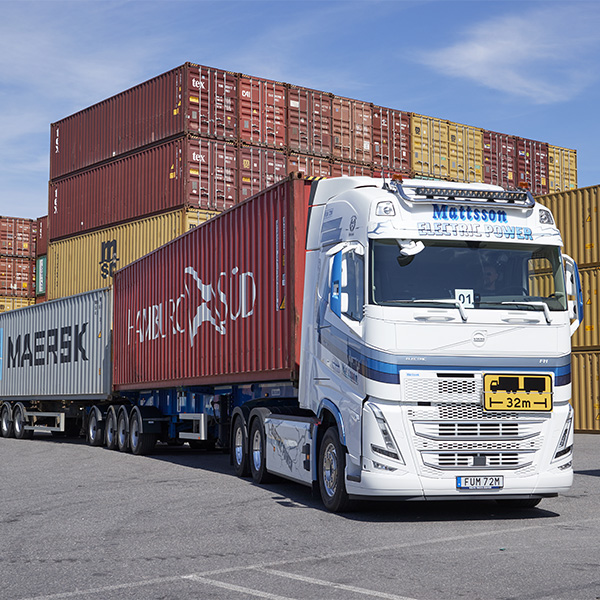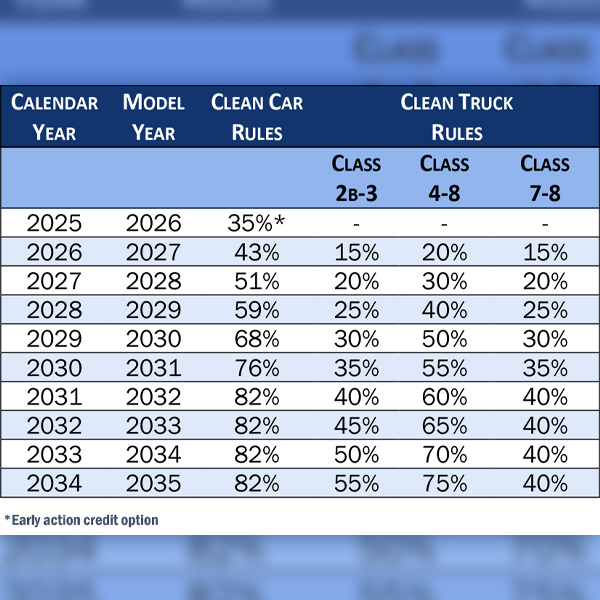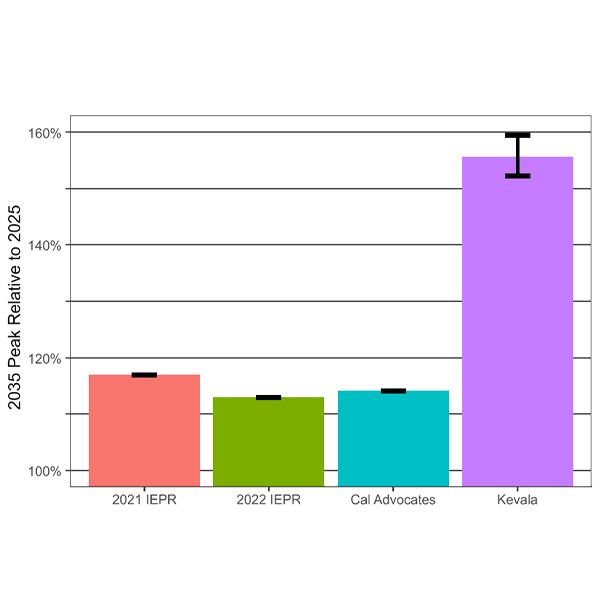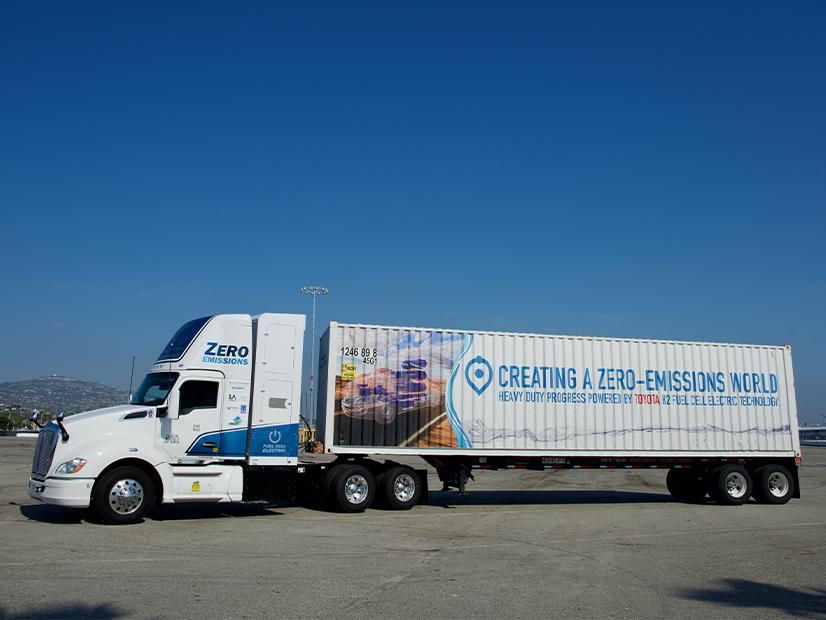zero-emission vehicles (ZEVs)
The California Energy Commission approved a plan for spending $1.85 billion over the next four years to expand zero-emission vehicle infrastructure across the state.
CARB is exploring whether zero-emission truck credits that manufacturers earn under the Advanced Clean Trucks regulation should be transferable among states.
New Jersey has adopted California's Advanced Clean Cars II rule, sparking relief from supporters who pushed for it to be ready for the 2027 model year.
The California Air Resources Board is taking applications for $150 million in state funding to help public school districts purchase zero-emission buses and related infrastructure.
As a court battle heats up over California’s zero-emission truck regulations, a group of manufacturers have committed to follow the rules even if they’re overturned.
New Mexico is about to launch a rulemaking on regulations that would largely mirror California’s ZEV sales requirements, but with one key difference.
Upgrading California’s grid to serve millions of electric vehicles could cost far less than the $50 billion that a recent study indicated, Cal Advocates say.
In California, a predicted budget shortfall that grew $9 billion since January has not resulted in additional proposed cuts in climate and energy spending.
California regulators approved a rule that will ban the sale of diesel trucks in the state starting in 2036, requiring all new trucks sold to be zero-emission.
Maryland will fast-track adoption of California’s ACCII rule, requiring that 100% of all new passenger cars sold in the state be zero-emission vehicles by 2035.
Want more? Advanced Search
